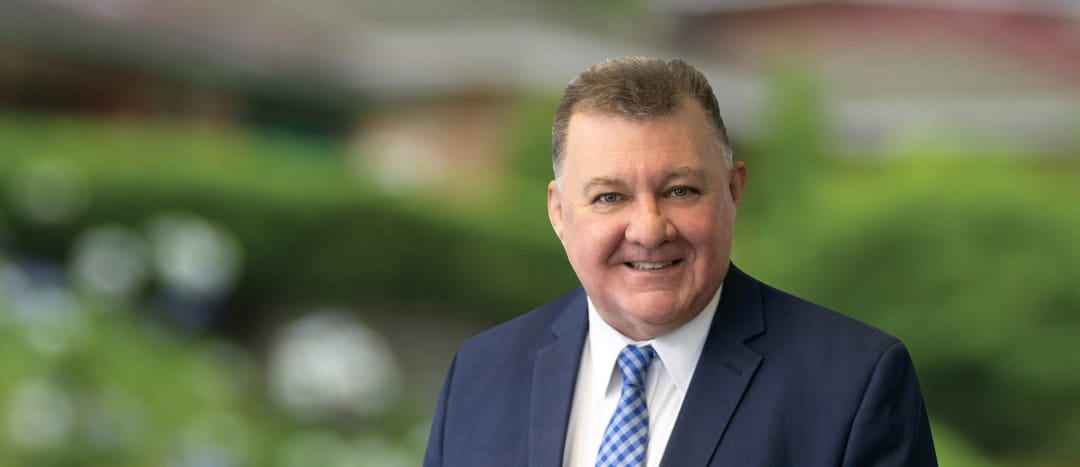
Craig Kelly, the member for Hughes, has resigned from the Liberal Party and moved to the crossbench.
This follows weeks of polarising behaviour from Kelly, who pushed alternative therapies for COVID, and famously accosted Labor’s Tanya Plibersek in front of media in the corridors of Parliament (see video below).
This poses a potential new problem for the Coalition government, whose majority in the House of Representatives is now reduced to one. Kelly, however, has promised to support the government in the chamber.
As a highly visible figure within the Liberal Party’s right, Kelly has forged a polarising public image reminiscent of past high-profile Liberal figures who either left the party or were defeated by independents. These include Cory Bernadi, Tony Abbott, former member for Indi Sophie Mirabella, and even Pauline Hanson (who was dis-endorsed by the Liberals and elected as an independent in 1996).
Despite this, successive prime ministers (first Turnbull, then Morrison) have had to intervene to keep him in Parliament as alienated branch members sought to replace him as the party’s candidate. This was ostensibly due to the fact that both prime ministers enjoyed a slim majority in the House of Representatives, and that an alienated Kelly could potentially bring down their government.
Kelly’s resignation has implications for national politics. With an election that can be held from August this year, the contest for Hughes is now wide open, and it might just be the next seat that could be won by an independent.
An independent surge in Australian politics
Independents are experiencing a purple patch in Australian politics. At the last election, three independents won seats in the House of Representatives. In Indi, Helen Haines became the first independent to win a seat after another independent (Cathy McGowan), while Zali Steggall defeated former prime minister Tony Abbott in the safe Liberal seat of Warringah.
The seat of Hughes is held by Kelly with a margin of 9.3%, and it appears to be the target of new independent forces.
Buoyed by their success at the 2019 election, this weekend a "Getting Elected" conference will be held by independents. The brainchild of the former member for Indi, Cathy McGowan, the conference aims to increase the number of independents in the lower house, with a particular focus on the election of candidates who are women.
Independent candidates and supporters have been active since 2019, as there has been a proliferation of community groups appearing across the country. Many have been influenced by the "Voices 4 Indi" (V4I) model. This was the group that succeeded in getting its candidate, McGowan, elected in 2013, and has been active since then sharing its experience with other electorates.
Kelly now faces all the challenges of being an independent, without the support of either party or the "Voices".
There are now "Voices of", or similar groups, appearing in many safe Liberal seats, including North Sydney, Hume, Mackeller, and also Hughes. The upcoming conference, led by the now-retired McGowan, hopes to coordinate more wins for independents or, at the very least, to make more seats "marginal".
Is Hughes the next seat for an independent?
As a polarising figure, Kelly was already facing a group of local opponents. His electorate of Hughes has a coalition of "Anti-Kelly" groups, much as Warringah did in 2019. There's also a more organised community group, We are Hughes, that's mobilising and intending to preselect an independent candidate.
However, history shows that winning as an independent in the Australian House of Representatives is extremely difficult. Financing and resourcing a campaign is challenging, while the bulk of Australians continue to vote along party lines.
Kelly now faces all the challenges of being an independent, without the support of either party or the "Voices". Local members and voters may also be brought back into the fold with the preselection of a new Liberal candidate.
It remains to be seen if Kelly’s standing in national politics has sufficiently built his electoral support to retain the seat from a new Liberal challenge, or whether constituents will decide to support an independent backed by a developing, and potentially disrupting, new organisational model.





